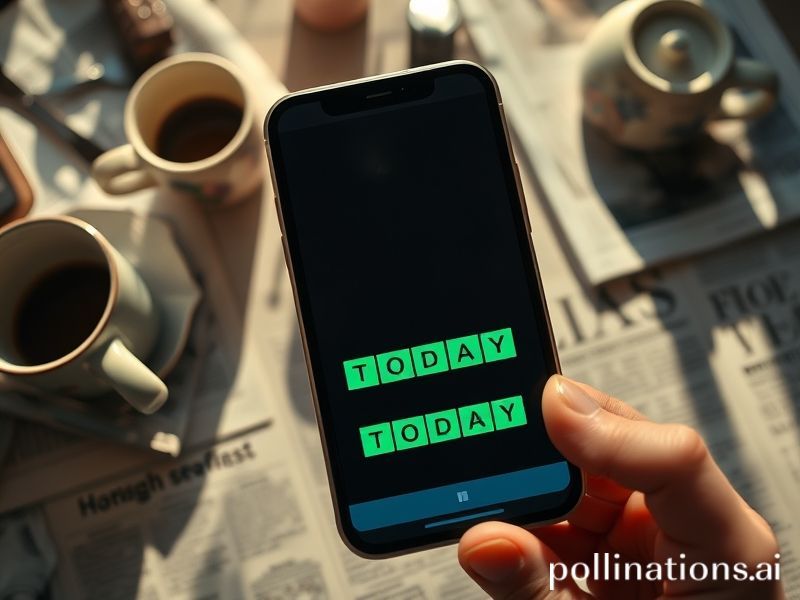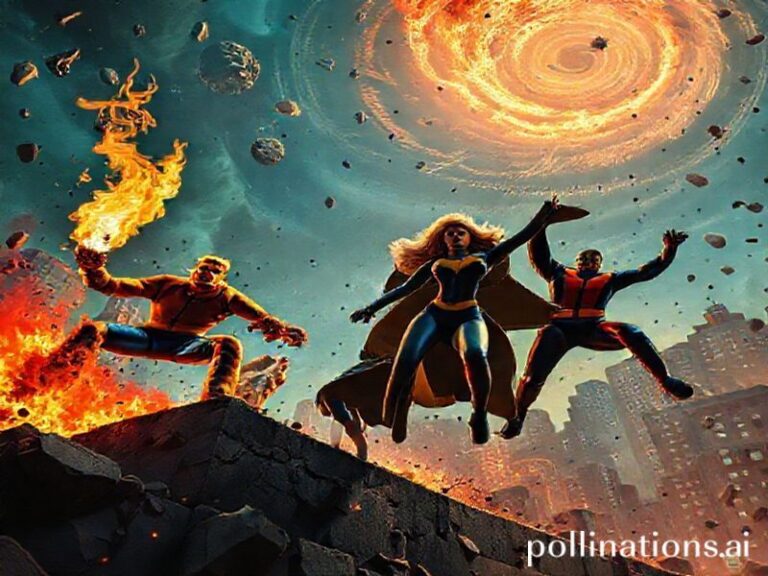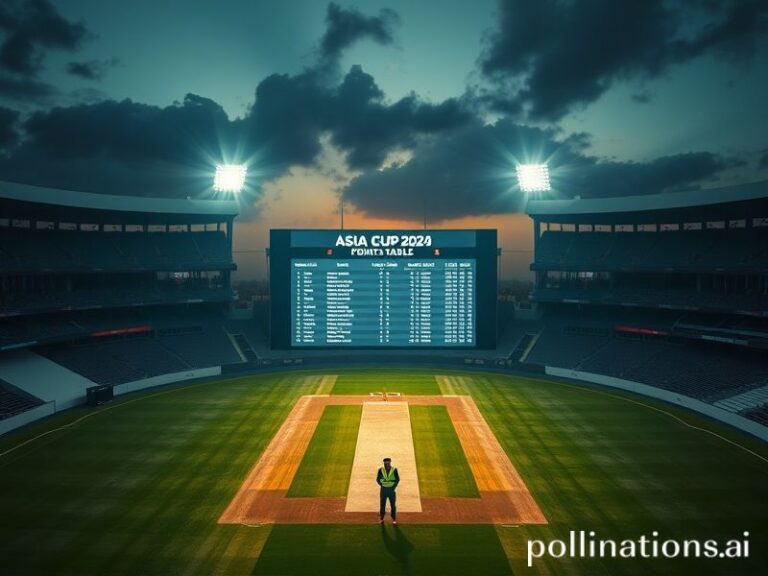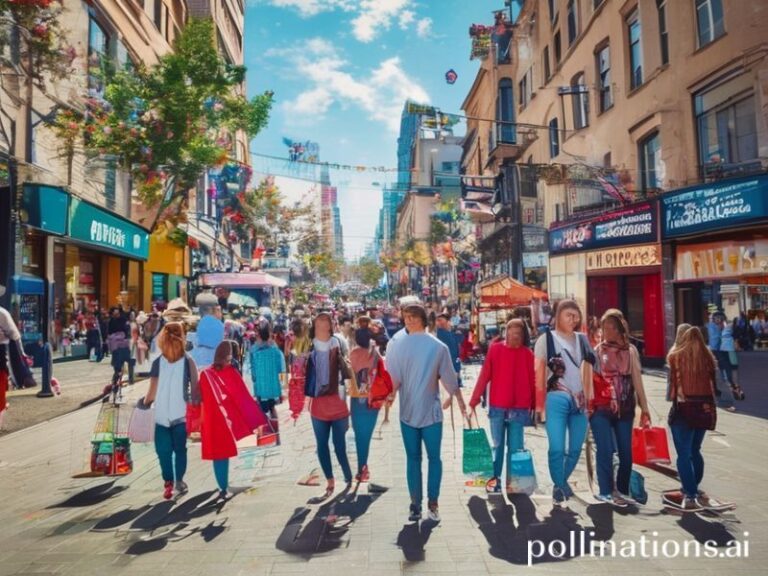Global Quota Shock: Today’s Wordle Answer Unites Earth in Five-Letter Irony
When the sun rose over Reykjavík this morning, 300,000 Icelanders already knew the word was “QUOTA.” By the time the first espresso was pulled in Rome, Italians had migrated from “audio” to “QUOTA” in three immaculate guesses. In Lagos, commuters on yellow danfo buses refreshed their cracked screens, muttered “QUOTA” in unison, then resumed arguing about fuel subsidies that—irony alert—are also meted out by quota. Somewhere in the metaverse, a lonely algorithm updated itself and whispered the same five letters to anyone still pretending to work.
Yes, today’s Wordle answer has achieved what the United Nations, Davos, and the International Olympic Committee combined have not: synchronized global consciousness for exactly thirty-two seconds. The New York Times Games desk insists the word is chosen by an impartial script, but try telling that to a British dockworker staring at “QUOTA” while container ships idle outside Felixstowe because, well, berthing slots are rationed. You can practically hear the planet’s collective eyebrow arch.
Wordle’s daily oracle began as a love letter from a Welsh software engineer to his partner, a touching backstory that melts hearts until you remember the game was later sold for a sum that could vaccinate a mid-sized African nation. Now it is the opiate of the literate masses, a tiny daily dose of order amid supply-chain snarls, crypto winters, and the slow-motion collapse of whatever we used to call normal. One square grid, five letters, six chances, zero calories: the perfect diet for minds already bloated with doom-scrolling.
Across time zones, the ritual is endearingly identical. In Seoul, office workers huddle over smartphones; in São Paulo, grandmothers hijack family WhatsApp groups with green-and-yellow emojis; in Kyiv, friends text one another between air-raid pauses, because even shrapnel respects the sanctity of vowel placement. The game is free, though the price of maintaining existential dignity while losing on line four remains unlisted.
Geopolitically speaking, “QUOTA” lands like a satirical drone strike. Beijing’s state media has not yet banned the word, but censors are surely drafting a memo: “Sensitive topics include but are not limited to trade quotas, Olympic athlete quotas, and birth quotas—past, present, or hypothetical.” Meanwhile, Brussels is quietly relieved the answer wasn’t “BREXT,” sparing Eurocrats another day of performative amnesia. And somewhere in Geneva, a WTO delegate is drafting a strongly-worded footnote about agricultural quotas, unaware that eight million civilians already solved the issue over breakfast.
The darker punchline? We treat a randomized lexicon like scripture, yet ignore the real quotas that govern our lives: refugee caps, carbon budgets, ICU beds. Today’s puzzle is tomorrow’s policy, only with worse graphics and no emoji feedback. Still, the shared micro-victory feels good, the way a cigarette must have felt in 1944: brief, warming, and evidence you’re still breathing.
Tomorrow the word will change—perhaps “PLUME” to remind us of Icelandic volcanoes, or “EMPTY” for obvious reasons—and the planet will pivot accordingly. Until then, savor the moment: a humble string of letters briefly uniting humanity in something other than dread. If that isn’t worth a wry toast, what is?
Raise your coffee, comrades. To quotas, to riddles, to the absurd comfort of knowing that somewhere, someone else is also staring at five gray squares and praying for green. May we solve the little puzzles while the big ones gnaw at the door. And may tomorrow’s Wordle be merciful—unlike the actual world, which rarely gives us six chances, let alone hints.







